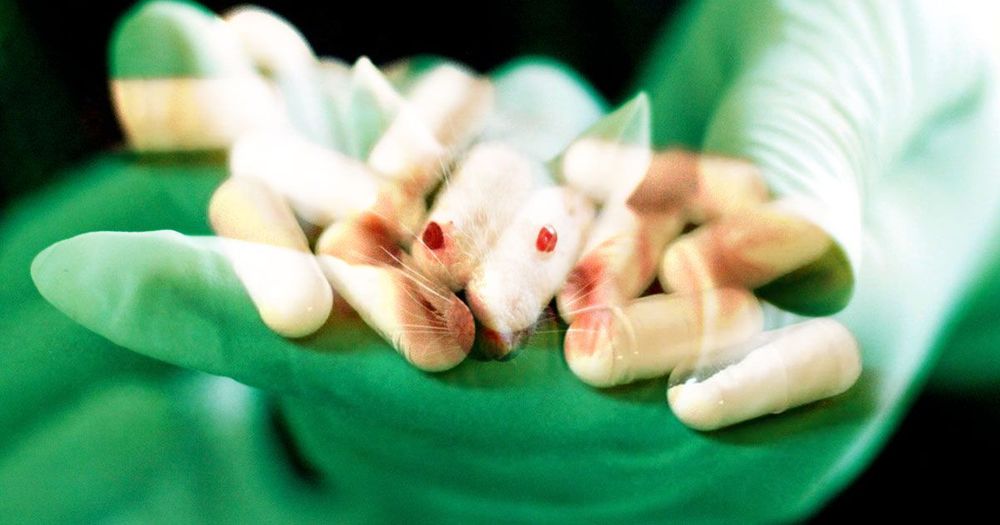To treat the mice, the team gave them brain implants: a fiber optic that shined light onto a region called the paraventricular thalamus and blocked withdrawal symptoms. A day later, the mice no longer sought out morphine and relapse — or at least do the lab mouse version of relapsing — even after two weeks.
According to the new research, published Thursday in the journal Neuron, people relapse partially because they miss the high, but more so because the symptoms of withdrawal can often be overwhelming. By down those symptoms, the mice appear to be able to kick the habit more easily.
“Our success in preventing relapse in rodents may one day translate to an enduring treatment of opioid addiction in people,” CAS researcher Zhu Yingjie said in a press release.
